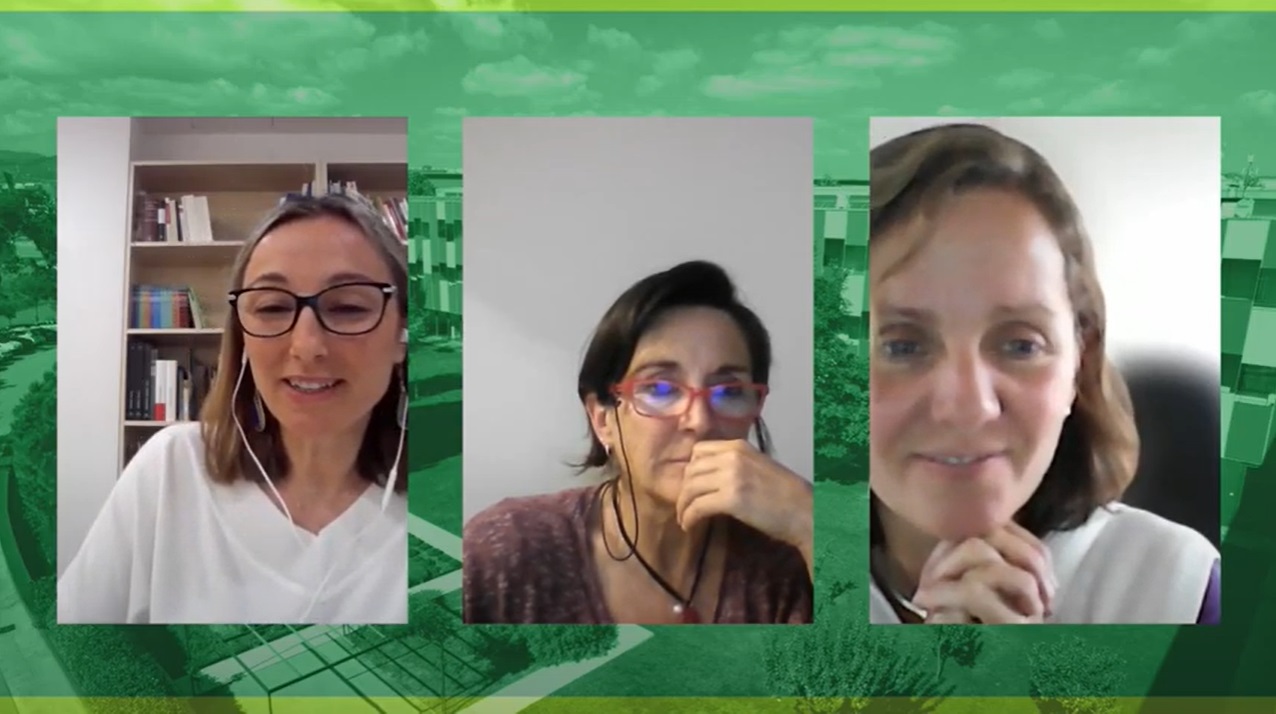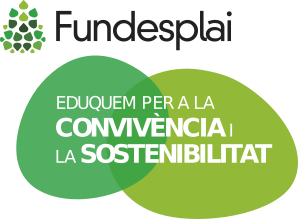Last Thursday, 28th April, we held the online congress «Sustainable school good: global challenges, local solutions», which reflected on how to create school menus that are healthier and more environmentally friendly through both global and local experiences.
Last Thursday,28th April, we held the online congress «Sustainable school good: global challenges, local solutions», which reflected on how to create school menus that are healthier and more environmentally friendly through both global and local experiences.
«How could we establish a more sustainable food system through school cafeterias?» or «What practices are being carried out around the world and in Catalonia to face this challenge?» were some questions raised at the online conference «Sustainable school food: global challenges, local solutions», which is part of the European project «Climate Action to the Table».
The first part of the congress, hosted by Fundesplai’s director of the Department of Innovation and Content, Carles Xifra, was attended by three experts from around the world. The executive head of the Global Research Consortium for School Health and Nutrition, prof. Donald Bundy, pointed out the need for school food programs and the significant impact that these have on the development of children and young people aged 2 to 20.
The principal strategist of the Forum For The Future, Geraldine Gilbert, highlighted the need to reconsider the current food model since it is one of the responsible reasons for causing the emission of greenhouse gases: «We cannot fight the climatic change without changing our agricultural system». Based on her experience working in the United States with Forum For The Future, she outlined some practices carried out in the school food programs, which called for reducing the intake of animal-based products and the incorporation of more vegetable protein.

Image: Colloquium moderated by Fundesplai’s director of the Department of Innovation and Content, Carles Xifra, and led by the international experts Donald Bundy, Geraldine Gilbert and Cecilia Rocha.
The person in charge of closing the part of international interventions was Cecilia Rocha, who is a member of the International Panel of Experts on Sustainable Food Systems. Rocha explained what the current Brazilian school food program looks like, which was created in 1955, and it is currently offering meals to more than 42 million public school students. Besides, she stressed the importance of creating menus based on local products to help reduce the environmental impacts of school meals. Rocha also emphasized the need to get food institutionalized and to consider it a public good.

Image: The round table «Local Perspectives for Global Challenges» was led by Gemma Salvador, from ASPCAT, and Lidón Martrat, from Barcelona World Capital of Sustainable Food 2021.
The second part of the event featured a round table called «Local Perspectives for Global Challenges». It was moderated by Susagna Escardíbul, pedagogue at Fundesplai, and it was run by Gemma Salvador, representative of the Catalan Public Health Agency (ASPCAT) and Lidón Martrat, operational coordinator of Barcelona World Capital of Sustainable Food 2021. This discussion goal was to present proposals and experiences promoted by Catalonia to cooperate with the school cafeterias as a whole in the transition to more sustainable food systems.
Among the practices that they brought forward were the increase in fresh and local products in Catalan cafeterias and the promotion of plant protein at the expense of red meat. They draw the following main conclusion: it is needed to empower children in their food choices, by working collaboratively with families, the professionals in restaurant businesses, the education sector and institutions.
About the project «Climate Action to the Table»
This project consists of a series of conferences that lead the attending audience to learn and think about our current food systems. It also asks the public to participate and act to transform those systems.
The NGOs associated with the project are Fundesplai, Umanotera (Slovenia) and Fifty-Fifty (Greece).
This project is supported by the Federal Ministry of Economic Affairs and Climate Action of the European Climate Initiative (EUKI).

